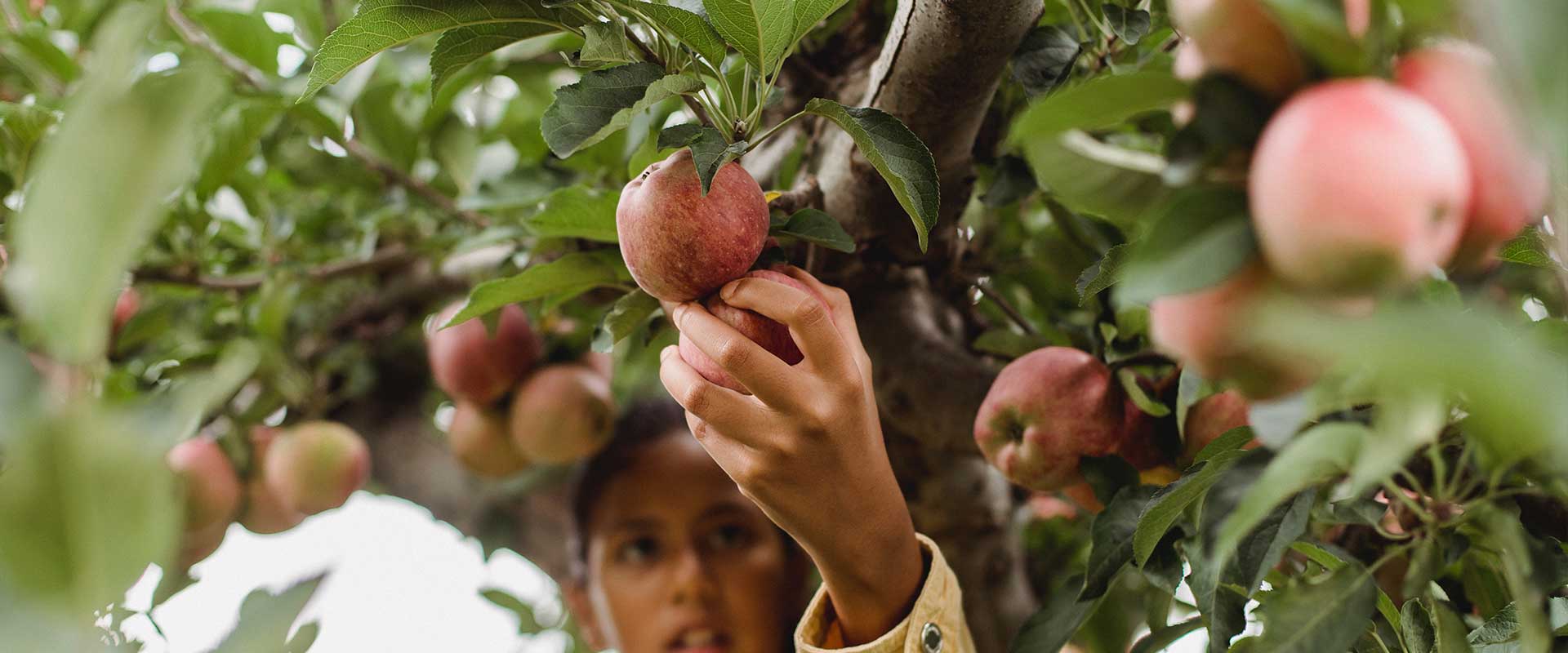Regenerative Agriculture: Climate Change and Soil Health
November 2021
The 2nd webinar in a series of 5 about regenerative agriculture in New Zealand, held on 3 November 2021. Speakers: Clare Buchanan (Align Farms), Dr Nicole Schon (AgResearch), Dr Mitchell Donovan (AgResearch), Dr Paul Mudge (Manaaki Whenua – Landcare Research), Dr Johannes Laubach (Manaaki Whenua – Landcare Research)
People are increasingly aware of the current food system’s role in the planet’s climate change crisis. Regenerative agriculture has been proposed as an opportunity to slow and adapt to climate change.
This webinar examines nature-based solutions to climate change, such as reducing greenhouse gas emissions from agriculture, increasing soil carbon stocks, and increasing the resilience of farmland to flood and drought conditions.
Presenters provide an overview of the science gaps still to be closed and possible approaches to test whether regenerative agriculture indeed offers viable climate change solutions for New Zealand. All these possible environmental benefits ultimately stem from the nurturing of healthy soils, and this webinar also presents a framework for assessing the impact of regenerative agriculture on soil health in New Zealand farming systems.
This webinar discussed 4 reports that outline the possible approaches to test whether regenerative agriculture can offer ‘nature-based’ solutions for climate change in New Zealand. Each report outlines the science gaps still to be closed.
Read a summary of the 4 reports and find links to the reports here: https://ourlandandwater.nz/news/new-reports-outline-science-gaps-for-regen-ag-soil-health-and-climate-change/ Find all webinars in the series, plus short audiograms, here: https://vimeo.com/showcase/8962469
Source: Soil health research in the context of regenerative agriculture (Schon et al, 2021)
Determining the greenhouse gas reduction potential of regenerative agricultural practices (Laubach et al, 2021)
Quantifying resilience to drought and flooding in agricultural systems (Donovan et al, 2021)
Climate change adaptation and ecosystem-based solutions (Lavorel et al, 2021)
 View Our Strategy Document 2019 – 2024
View Our Strategy Document 2019 – 2024



